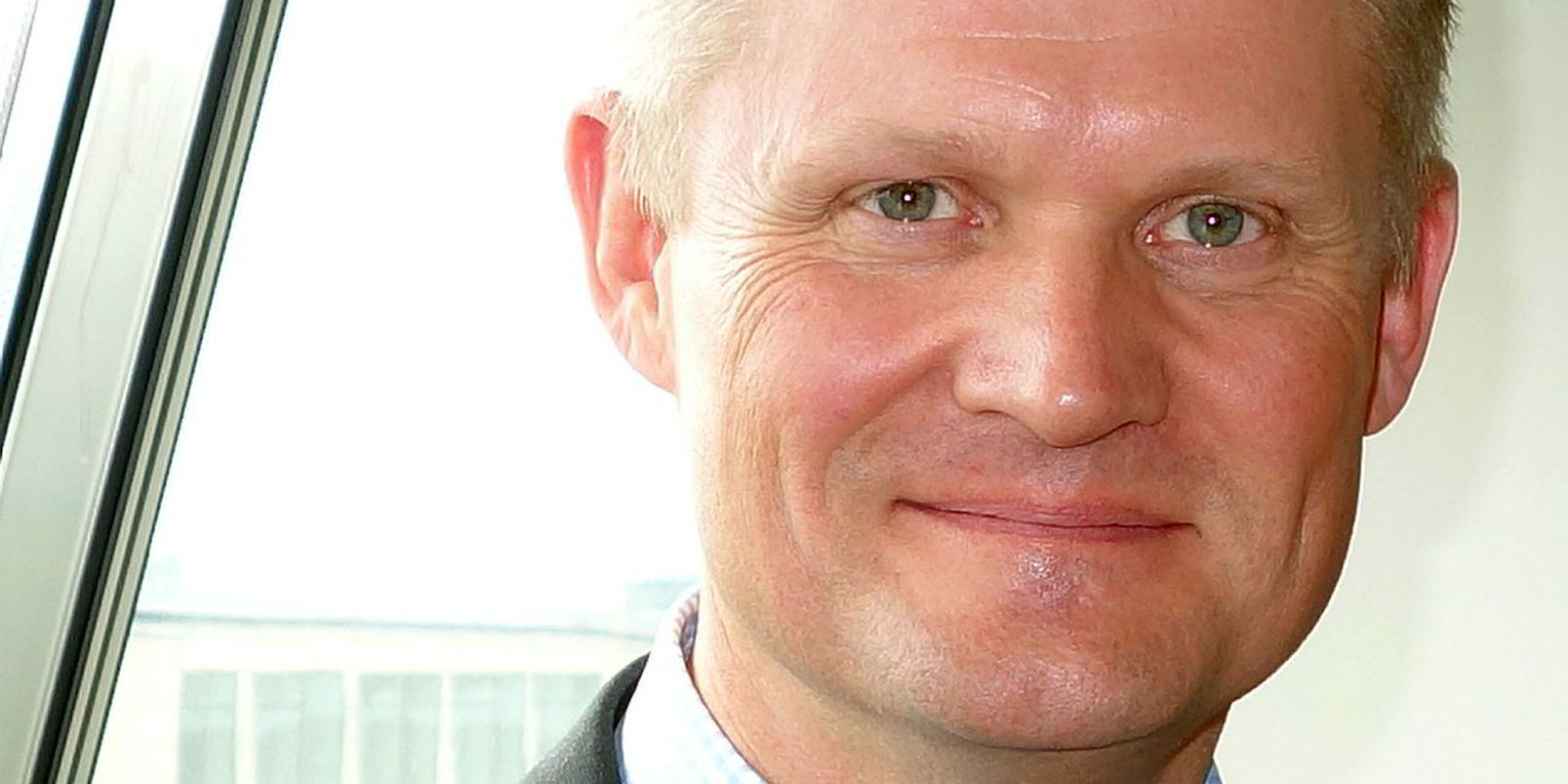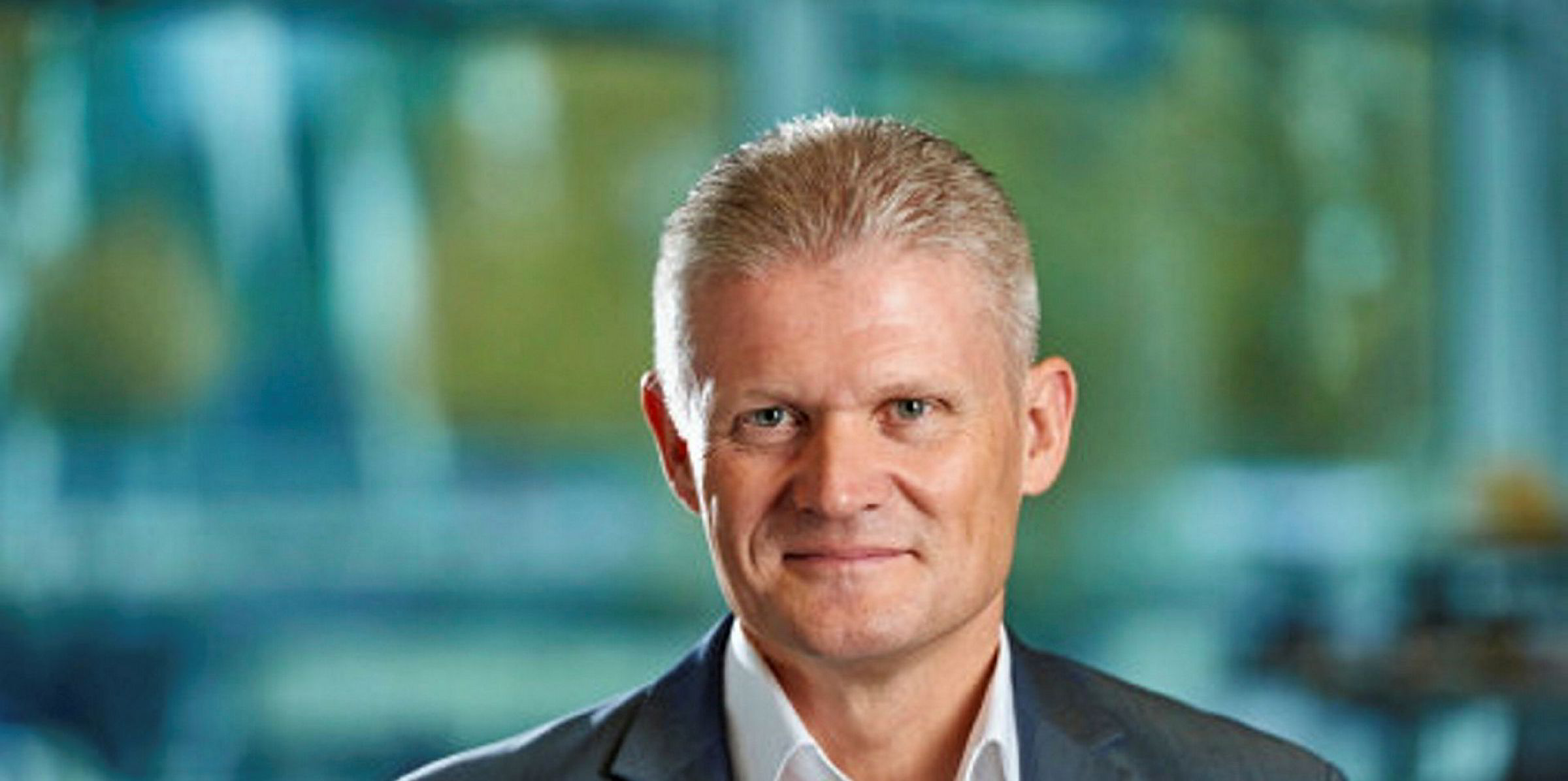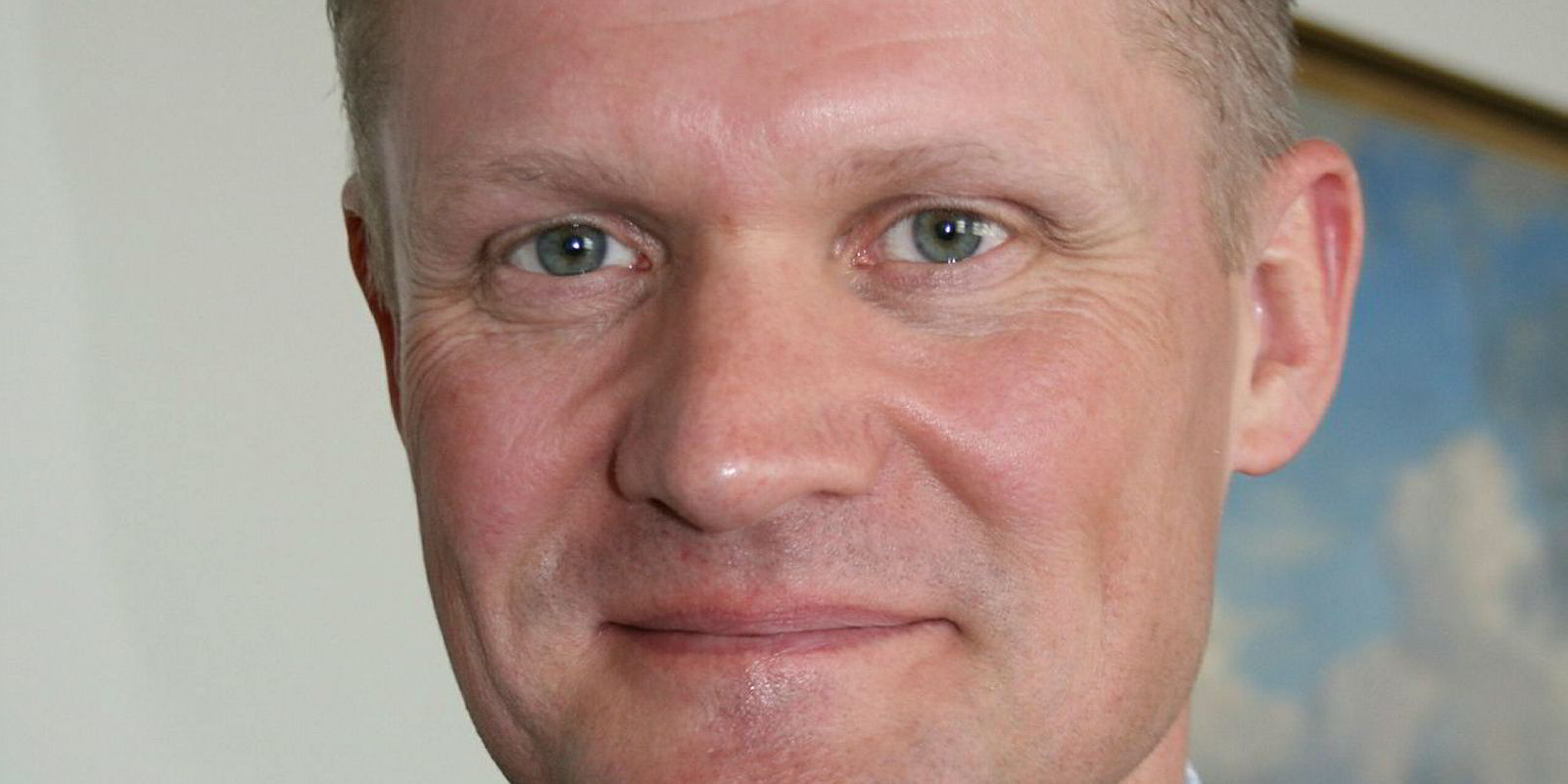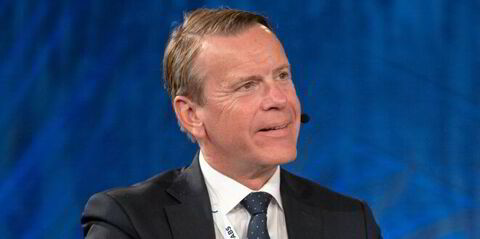Danish executive Ejner Bonderup is back in the sector he loves, after taking time out to recharge his batteries.
The former XO Shipping boss has been appointed to lead Danish group Thornico's shipping operations, as chairman of subsidiary Thorco Projects.
Bonderup, who is also a former Lauritzen Bulkers and Norden head of dry cargo, will continue the diverse group's move from vessel ownership to asset-light chartering of tonnage.
He left bulker owner XO in January last year and will start at Thorco Projects on 1 June.
"After more than 30 active years in dry bulk shipping it was time for a break, time for reflection and time off with the family," he told TradeWinds.
"I simply needed to distance myself from shipping for a while."
The executive said shipping is full of career opportunities and is a "fantastic industry" where he has met many interesting people.
Shipping people are hard workers. That's also why many shipping people call it a lifestyle rather than a job
Ejner Bonderup
"But it is also extremely time consuming," he added. "Shipping people are hard workers. That's also why many shipping people call it a lifestyle rather than a job."
Out of the firing line
Bonderup said it became clear during his time away that his next move in shipping should take him out of the day-to-day operational firing line and into a role with a focus on the overall strategic side of the business.
It was not a complete break with the industry, however, as he joined the board of Thornico's Trithorn Bulk in October.
October 2019-present
Chairman of Trithorn Bulk
Thornico
January 2017-January 2019
Chief executive and partner
XO Shipping
October 2012-December 2016
Executive vice president
Norden
June 2009-September 2012
Head of dry bulk and president
Lauritzen Bulkers
Source: LinkedIn
This eventually gave him his latest opportunity with Thornico, as it was there he met its co-owner and chairman, Thor Stadil.
"That kick-started, as such, our working relationship. Since then, we have had many discussions about shipping and life in general," Bonderup said.
"This specific opportunity for me has developed over some time."
Thornico, which also has interests ranging from fashion to food, wants to simplify its shipping operations under Bonderup.
It has made a number of vessel-owning subsidiaries bankrupt itself as it sold off ships, in a bid to make sure the group and not its creditors or staff took on the debt incurred as it supported the shipping division.
Feet still dry
As for his own plans at the company, Bonderup said: "Well it is all still very new to me and I have to get my feet wet."
He will have a clearer idea after a few months of working with Thorco Projects chief executive Thomas Mikkelsen and his team.

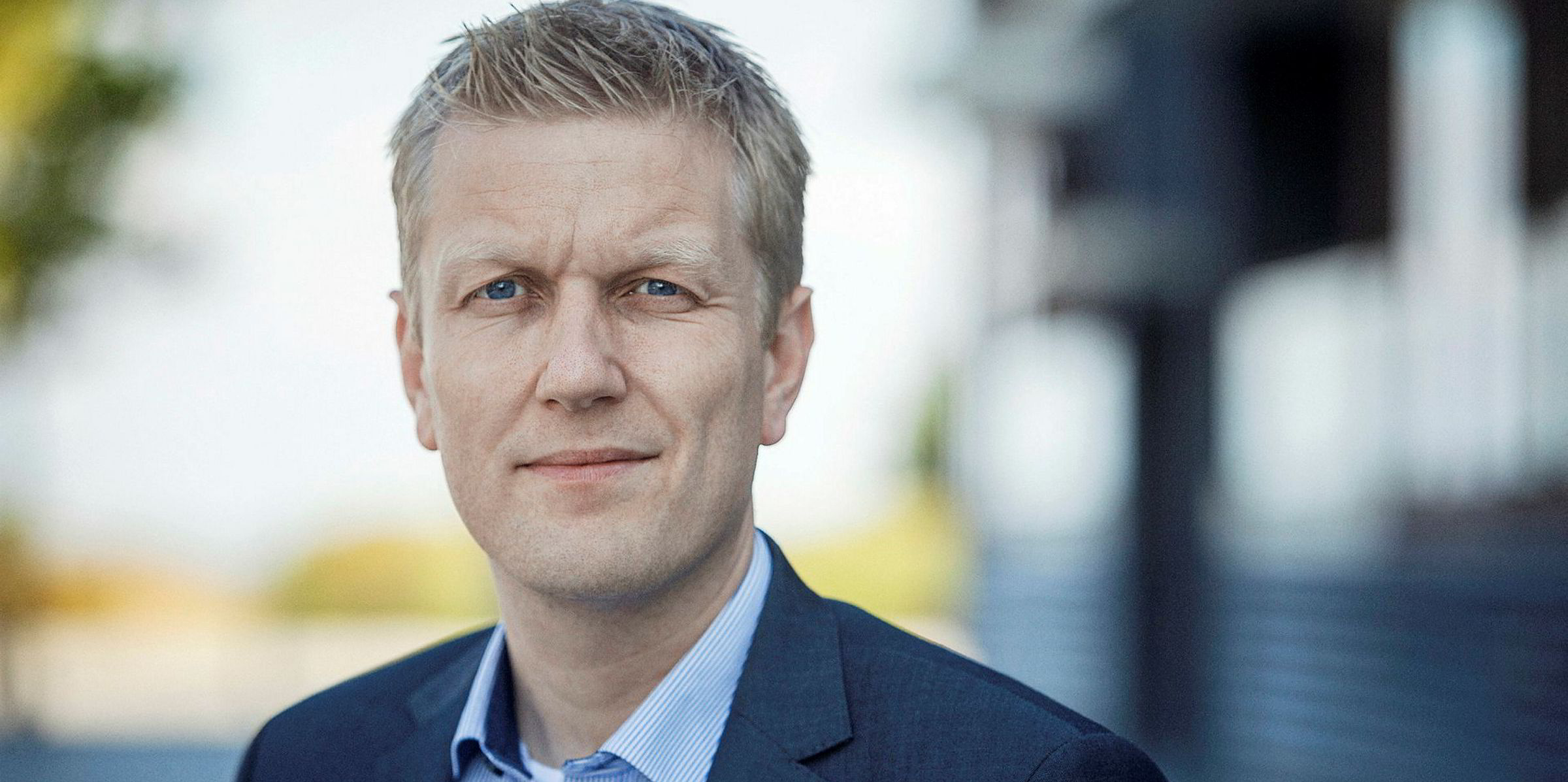
"But it is of course a question about continuing the implementation of the asset-light strategy which is in full force already and was introduced a few years back," he added.
"We want to build and expand the business up around that same asset-light strategy, and we want to build it up on a simple and transparent business platform. The clear intention is to place all the Thornico group's shipping activities in Thornico Shipping, which will be the ultimate home."
The asset-light model allows a nimbleness in reacting to macro events, the company believes.
Flexible model
"The world around is full of opportunities but also full of surprises — the complicity of the market and its dynamics makes it difficult to have an educated opinion about what we can expect to encounter 12 to 24 months from now," Bonderup said.
"Therefore, you need to base your business on a flexible shipping model, allowing yourself to adapt and change direction without delay in case of need. Under the current market conditions, an asset-light approach allows you to be agile and we go with that."
The Danish group, which operates about 60 ships, will maintain its focus on general and project cargoships of between 10,000 dwt and 30,000 dwt.
"Thornico Shipping clearly has ambitions. We want to be part of global shipping and under the right market conditions we will increase our activity over time. But it is not only a question about the number of activity days," Bonderup said.
Turning to the impact of the coronavirus pandemic, the executive said he has noticed greater bottlenecks and obstruction in transportation.
He also said more operational risk has been involved for the individual operator or owner.
"But on the other hand, many companies have also had the benefit of cheaper bunker oil during the same period which to a certain degree has compensated for the additional instability created by Covid-19," he added.
